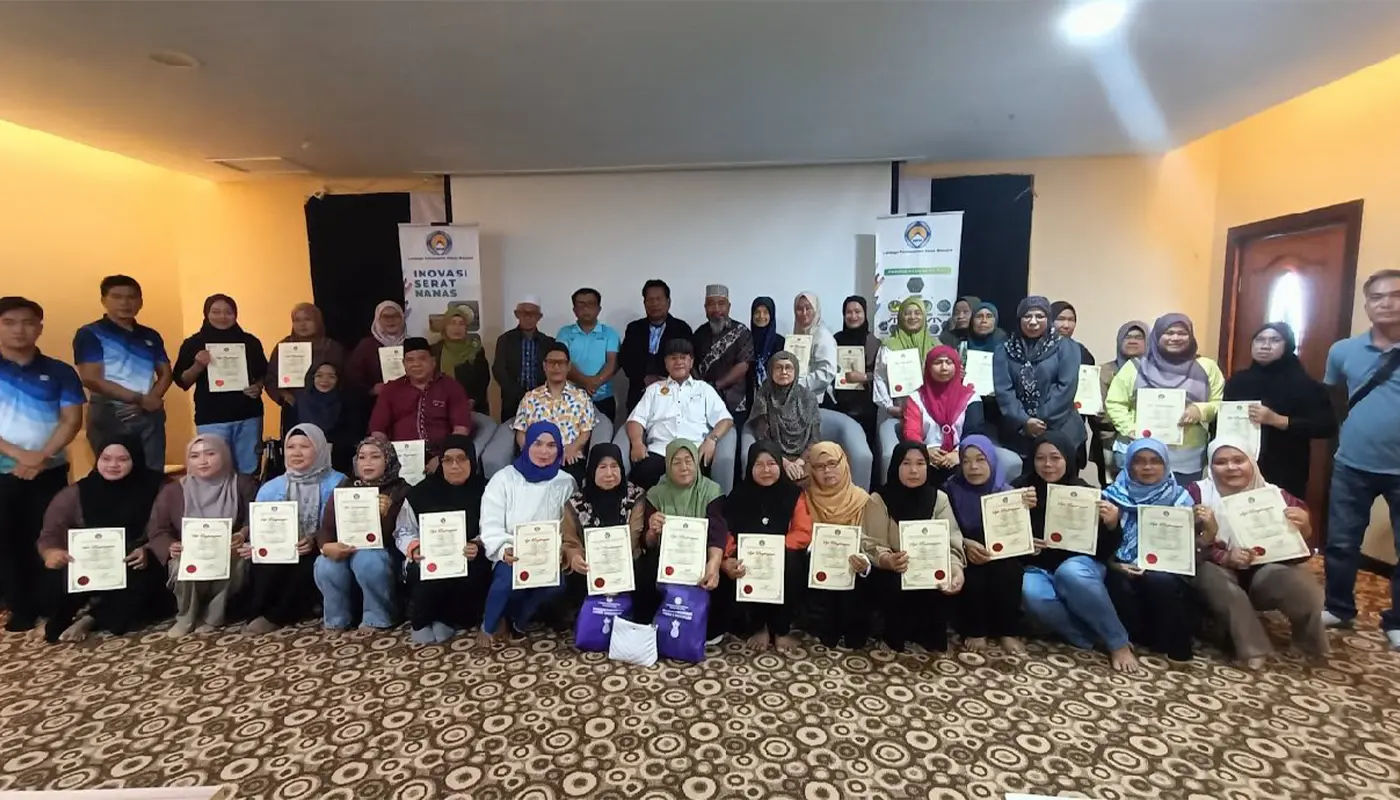PUSA – The Beting Maro region is strategically repositioning its pineapple industry as a multifaceted economic engine, moving beyond traditional agriculture into high-value product manufacturing. This shift was highlighted by Beting Maro State Assemblyman Razaili Gapor at the closing ceremony of a pineapple-based non-food product processing course in Pusa on Tuesday.
Gapor emphasized that pineapple derivatives—particularly yarn woven from pineapple leaves—hold significant international market potential. “This isn’t merely about fruit production,” he stated. “We’re building an ecosystem where pineapple fibers become luxury textiles, creating sustainable income streams, especially for youth.” The Malaysian Pineapple Industry Board (LPNM) is collaborating to develop this value chain through phased interventions.
Immediate initiatives include advanced keringkam and songket weaving courses to expand local artisans’ skills. Gapor praised participants of the inaugural training for their commitment, calling it “the foundational step toward a resilient pineapple industry ecosystem.” He further noted that diversifying into non-food applications reduces market volatility while elevating Sarawak’s craft heritage on global platforms.
The strategy aligns with Sarawak’s broader rural economic development goals, leveraging agricultural byproducts to stimulate entrepreneurship. With pineapple fiber textiles fetching premium prices in sustainable fashion markets, Beting Maro aims to transform its landscape from plantation fields to artisan workshops, setting a precedent for resource innovation in Malaysia’s agro-industry sector.




